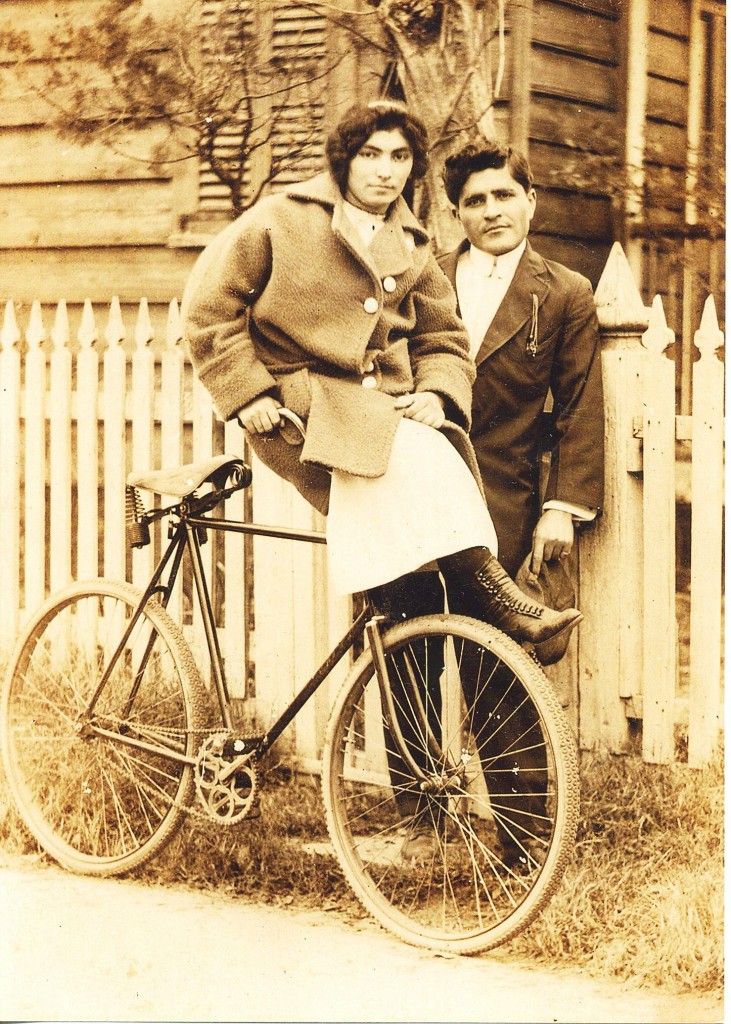RENCI Web Interface Designer Joe Hope is working with staff at the Digital Innovation Lab at UNC Chapel Hill and Akram Khater, Professor of History and Director of the Middle Eastern Studies Program at NC State University, to build a set of interactive maps for “Cedars in the Pines,” an exhibit opening Saturday, February 22 at the North Carolina Museum of History.
“Cedars in the Pines” is the first exhibition to commemorate the history of the Lebanese immigrants who have made North Carolina their home since the 1880s. The multimedia exhibit will feature personal stories, photographs, home movies, letters, artifacts, and audio recordings that will highlight the diverse experiences and contributions of Lebanese Americans in the state. Other interactive components will include maps, computer games, Arabic music, and a dance floor to learn dance steps. The exhibit runs through August 31, 2014.
The interactive maps will be available to museum visitors on a tablet and will allow them to explore the geography of Lebanese communities in cities such as Goldsboro, Wilmington, and Winston-Salem between 1900 and 1930, and to learn more about individual Lebanese immigrants and their families. The maps were built using DH Press, a humanities data visualization toolkit developed by Hope in conjunction with the Digital Innovation Lab at UNC Chapel Hill.
DH Press software is a plugin for WordPress that enables administrative users to combine and visualize a variety of digitized humanities-related material, including historical maps, images, manuscripts, and multimedia content. DH Press can be used to create a range of digital projects, from virtual walking tours and interactive exhibits. It recently was named second runner-up for Best Digital Humanities Suite of Tools in the 2013 Digital Humanities Awards.
The “Cedars in the Pines” exhibit was researched and developed by the Khayrallah Program for Lebanese-American Studies at N.C. State University. Additional support comes from the NC Museum of History; NC State University, Department of History; Triangle Lebanese Association; NC Humanities Council (part of the National Endowment for the Humanities); and the Digital Innovation Lab at UNC-Chapel Hill.
To explore the interactive Cedars in the Pines website, click here. To learn more about the DH Press software, click here. Details about the museum exhibit are available here.



